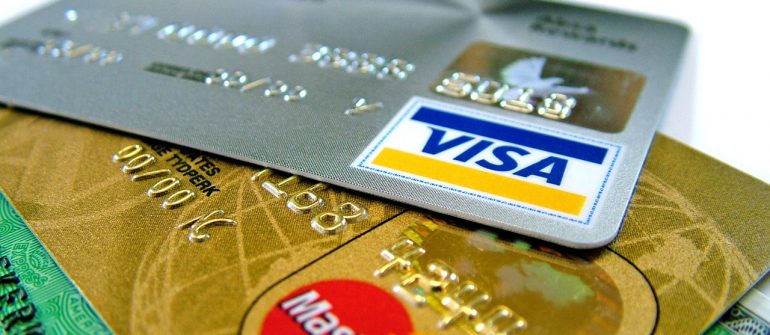Brazilians have been facing difficulties to keep their bills on time and, in 12 months, doubled the number of late payments in the revolving credit card.
Data from the Central Bank shows that in November, 19.13% of customers who use the revolving credit card were behind on their payments between 15 and 90 days. The percentage is almost double that seen a year earlier, when it was 9.68%.
The revolving card is the part of the account that is not paid in the month and is pushed to the next invoice. With this surge in delays, the revolving already has the second highest rate of delays in the historical series – and only loses for May 2015, when 19.18% of customers were late.
Isabela Tavares, credit analyst at Tendências Consultoria, says that this phenomenon can be attributed to deteriorating economic conditions, especially the high inflation and weakness in the labour market.
She explains that, faced with financial difficulties, consumers take emergency credit and without improvement in income in the following months, begin to delay payments.
“The revolving credit is a modality of easy access and high interest. Normally, it is used in emergency situations. The use of this credit has grown in the last four or five months due to high inflation and pressure on income. And now the delays have started to appear,” she says.
In November, Brazilians had R$48.5 billion in debt on their credit cards. This is the highest amount in history. As Isabela Tavares explained, the demand for this emergency credit – just like overdrafts – grows in times of economic difficulty: In the average of the past 12 months, Brazilians took R$17.9 billion per month in overdrafts.
In other words, customers have pushed almost R$18 billion per month in debt to the next month’s bill in the hope that their financial situation will improve.
The problem is that this is the most expensive credit currently available in the financial system. On average, the interest on this operation was 346.1% per year in November – the most recent data from the Central Bank. This means that a R$1,000 debt becomes R$4,461 after 12 months.
With such high interest rates and no significant improvement in the job market or in income, delinquency – when the debt is more than 90 days past due – already reaches 33.29%.
In other words, a third of customers who use the revolving credit card end up defaulting on their loans. That, economists say, is behind the high interest on this operation.
Isabela Tavares notes that this worsening risk of default already influences the interest rates charged by banks. “The credit risk is already perceived and, since the 3rd quarter of 2021, it is possible to see an increase in margins on these operations. Banks are passing on the increased risk”.
Original Story: CNN Brazil|Fernando Nakagawa
Photo: Photo by Lotus Head in FreeImages
Edition: Prime Yield
